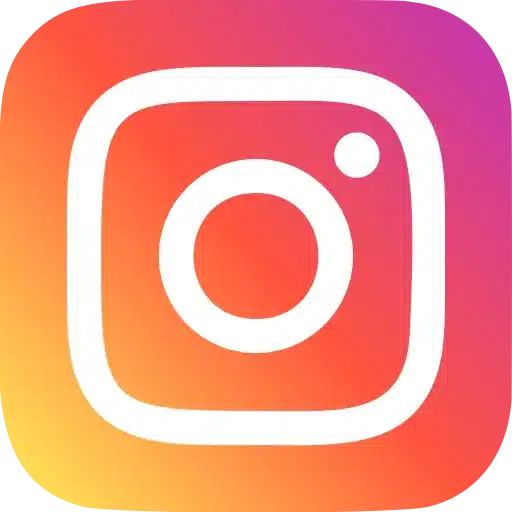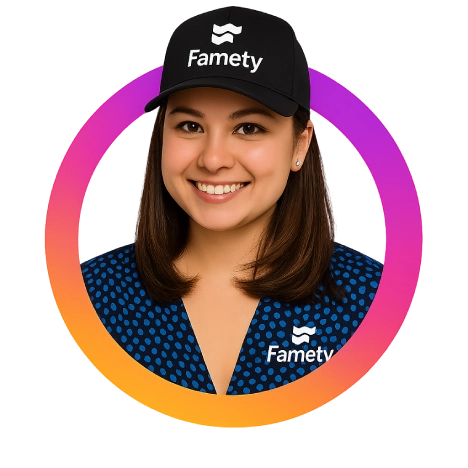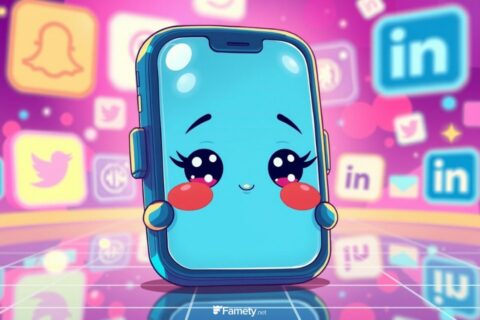- “LION” stands for LinkedIn Open Networker, describing users open to connecting with anyone for professional growth.
- These users promote inclusivity and high visibility by connecting beyond personal or workplace circles.
- LION appears in profile headlines, About sections, and hashtags like #LinkedInOpenNetworker to signal openness.
- Best practices include responding ethically, avoiding spam, and joining LION groups to expand meaningful relationships.
The term LION on LinkedIn stands for LinkedIn Open Networker, a label used by professionals who openly welcome connection requests from anyone. Unlike private users who limit their network to personal acquaintances, LIONs focus on expanding reach, visibility, and opportunity. The term signals that the user values networking as a gateway to learning, collaboration, and business growth.
LION Meaning in One Line
LION means “LinkedIn Open Networker,” describing a professional who accepts all connection requests to foster open networking and collaboration.
Defined as “LinkedIn Open Networker,” meaning a user open to connecting with anyone professionally
The acronym LION reflects the essence of modern professional networking, emphasizing openness. A LinkedIn Open Networker does not restrict connections to friends or colleagues but connects widely to create value through exposure, partnerships, and opportunities. These users believe that expanding one’s network multiplies visibility, helping professionals grow in influence and information flow.
Represents inclusivity and wide networking reach within the LinkedIn community
Being a LION symbolizes inclusivity and accessibility. LIONs create bridges between industries, demographics, and expertise levels, helping LinkedIn fulfill its mission of connecting the world’s professionals. Through open networking, they amplify engagement, build social proof, and strengthen credibility in their niche. This approach often benefits recruiters, entrepreneurs, and marketers aiming for broader outreach.
How LION encourages open communication, visibility, and lead generation on the platform
LIONs fuel LinkedIn’s open communication culture. By maintaining public accessibility, they increase inbound messages, expand post visibility, and encourage genuine dialogue. Businesses benefit from this exposure by generating leads through organic relationship building. For individual users, adopting a LION mindset can turn their profile into a networking hub where new ideas, opportunities, and collaborations naturally emerge.
Where You See LION on LinkedIn
The LION label appears across multiple sections of LinkedIn, signaling openness and a proactive networking mindset. Users who identify as LIONs intentionally position themselves as approachable professionals who value building large and diverse networks. You’ll often find this acronym used to encourage engagement, mutual visibility, and authentic collaboration across the platform.
Profile headlines featuring “LION” to show openness to new connections
One of the most common places to spot a LION is in a profile headline. Many users include the acronym right beside their job title or professional summary to instantly signal that they’re open to connecting. For instance, a headline might read “Marketing Strategist | LION | Helping Brands Grow.” This communicates both expertise and approachability, encouraging others to reach out without hesitation.
About sections promoting collaboration and networking without limits
In the “About” section, LIONs often emphasize inclusivity and the benefits of building an extensive network. They describe how they value partnerships, mentorship, and information exchange across industries. This not only makes their profile more inviting but also positions them as community-oriented professionals who see value in open networking rather than exclusivity.
Group discussions, outreach messages, or connection notes mentioning “LION”
On LinkedIn, TL;DR and LION serve different but complementary functions. TL;DR helps users simplify content and make it digestible, ensuring readers grasp key ideas quickly. LION, on the other hand, ensures there’s an audience ready to see that content in the first place. By combining both, concise writing with a wide, engaged network, creators can maximize both reach and retention.
Hashtags like #LION, #LinkedInOpenNetworker, and #Networking used to expand visibility
Hashtags are a vital part of how LIONs increase discoverability. Popular tags like #LION, #LinkedInOpenNetworker, and #Networking appear in post captions, articles, and profile descriptions. They help users attract others who share similar goals, making it easier to form relationships organically.
Top places you’ll find LION activity on LinkedIn include:
- Profile headlines promoting open networking
- About sections inviting collaboration
- Group discussions fostering community
- Posts using #LION and #Networking hashtags
This visibility ensures that the LION movement remains one of the most recognizable and community-driven networking trends on LinkedIn.
How to Use LION the Right Way
Using LION effectively on LinkedIn means embracing open networking while maintaining professionalism. The goal is not only to grow your contact list but also to build meaningful relationships that bring value to your career or business. When used correctly, the LION label can position you as a collaborative, approachable, and credible professional within your industry.
Add “LION” to your profile headline if you welcome broad networking
Including “LION” in your profile headline immediately communicates your openness to new connections. It makes your profile stand out in search results and tells potential contacts that you’re approachable and active. For instance, “Sales Consultant | LION | Helping Businesses Scale” makes your intent clear and boosts your visibility among like-minded professionals.
Respond to connection requests professionally and ethically
Being a LION means being inclusive, not careless. Accepting connection requests should still align with respect and professional etiquette. When someone reaches out, respond with courtesy, especially if they share common interests or goals. A short thank-you message or a quick note of introduction can turn a basic connection into a long-term professional relationship.
Join LION groups to connect with recruiters, entrepreneurs, and creators
Many active LIONs participate in dedicated LinkedIn groups where networking opportunities flourish. Joining these spaces helps you meet professionals from diverse backgrounds, exchange insights, and find potential collaborations. Recruiters and entrepreneurs often frequent such groups to scout talent or partnerships, making them ideal for expanding your influence.
Avoid spammy messaging; focus on adding value to your network
A true LION builds trust, not clutter. Instead of sending bulk messages or irrelevant promotions, share useful insights, comment thoughtfully on posts, and engage in meaningful discussions. When you consistently provide value, your reputation grows organically. This approach ensures your network remains strong, authentic, and mutually beneficial.
LION vs Related Acronyms
Digital networking on LinkedIn relies on several key acronyms that define how professionals connect, recruit, and share information. Understanding where LION fits compared to other terms like ATS, ICP, and TL;DR helps users navigate both personal branding and relationship-building more strategically. While each term serves a distinct purpose, together they form a vocabulary that shapes the way professionals communicate on the platform.
Comparison Table: LION vs ATS vs ICP vs TL;DR
| Acronym | Full Form | Purpose on LinkedIn | Primary Use |
| LION | LinkedIn Open Networker | Expands connections and visibility | Networking and outreach |
| ATS | Applicant Tracking System | Automates resume and candidate management | Recruitment and hiring |
| ICP | Ideal Customer Profile | Defines the perfect customer for sales or marketing | Lead generation and targeting |
| TL;DR | Too Long; Didn’t Read | Summarizes lengthy posts or articles | Content engagement and clarity |
This comparison shows how LION differs from systems like ATS and ICP, which focus on filtering and selection, while TL;DR enhances readability and engagement. LION instead emphasizes inclusivity and human connection, the foundation of organic networking.
When to use LION instead of ICP for connection-based growth rather than sales targeting
Use LION when your priority is expanding reach and establishing relationships rather than narrowing down a sales audience. While ICP focuses on defining ideal prospects for marketing and business development, LION fosters open communication that can naturally lead to opportunities. Professionals who rely too heavily on targeting often miss the benefits of serendipitous networking that the LION approach encourages.
How ATS relates to LION networking in recruiter searches and job visibility
ATS and LION intersect when it comes to job visibility. Recruiters often use ATS tools to filter candidates based on keywords and connections. Being a LION can improve your visibility within these searches by expanding your network and increasing mutual links, which makes your profile appear in more recruiter recommendations. A strong network often complements an ATS-friendly profile, maximizing hiring potential.
When TL;DR is used in LinkedIn posts while LION builds the audience who reads them
On LinkedIn, TL;DR and LION serve different but complementary functions. TL;DR helps users simplify content and make it digestible, ensuring readers grasp key ideas quickly. LION, on the other hand, ensures there’s an audience ready to see that content in the first place. By combining both, concise writing with a wide, engaged network, creators can maximize both reach and retention.







